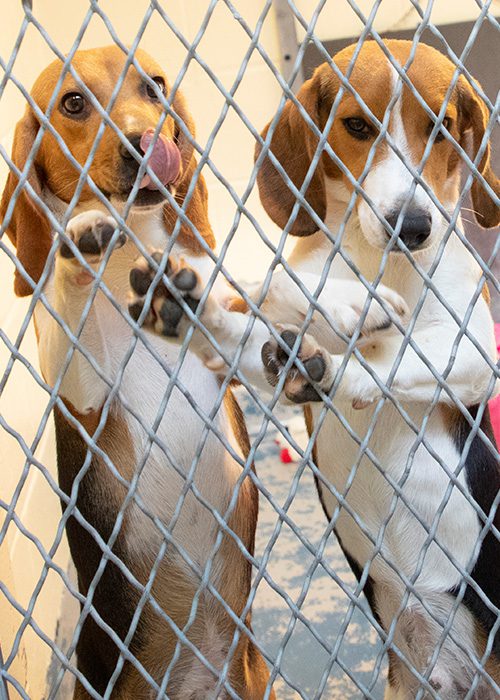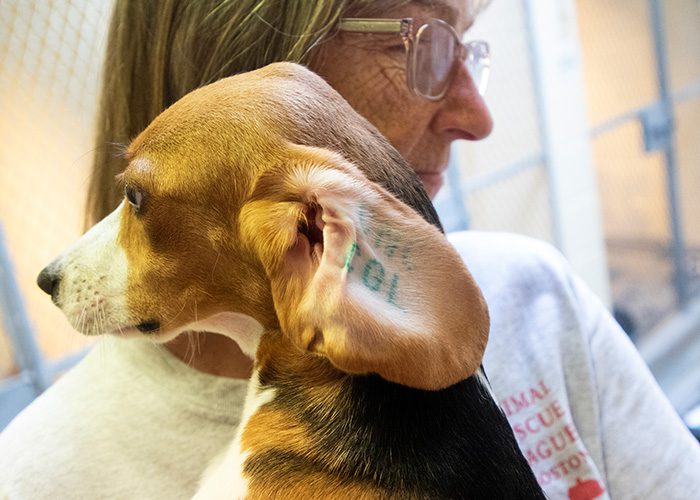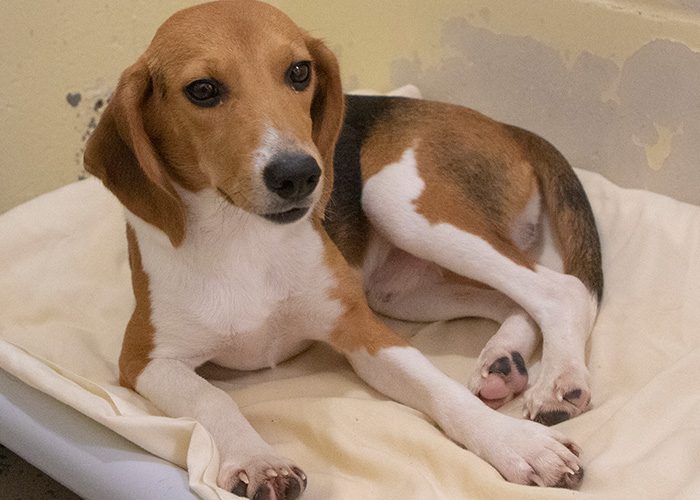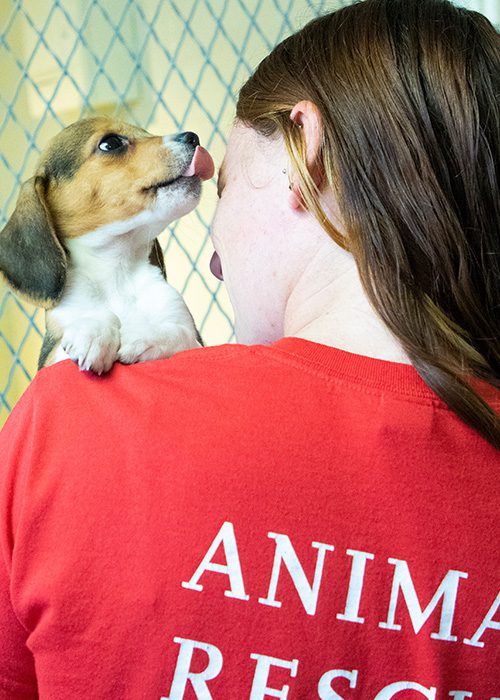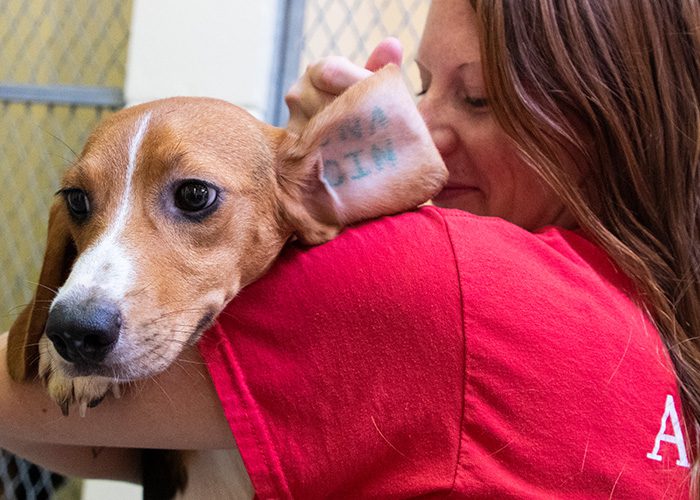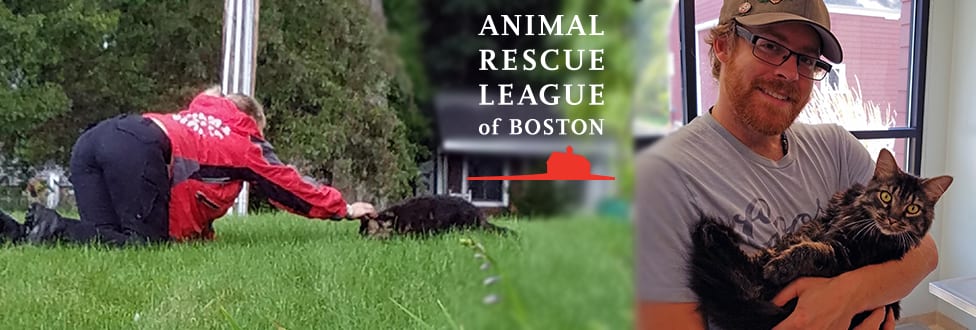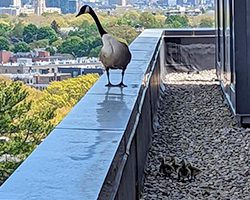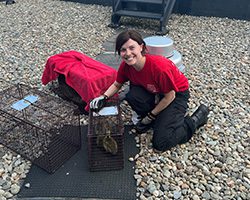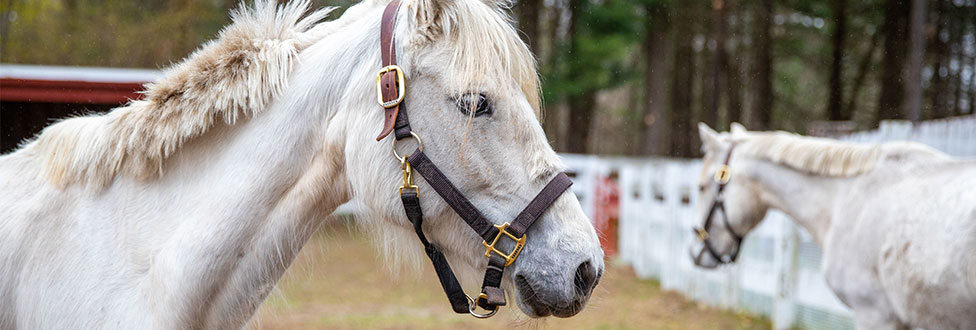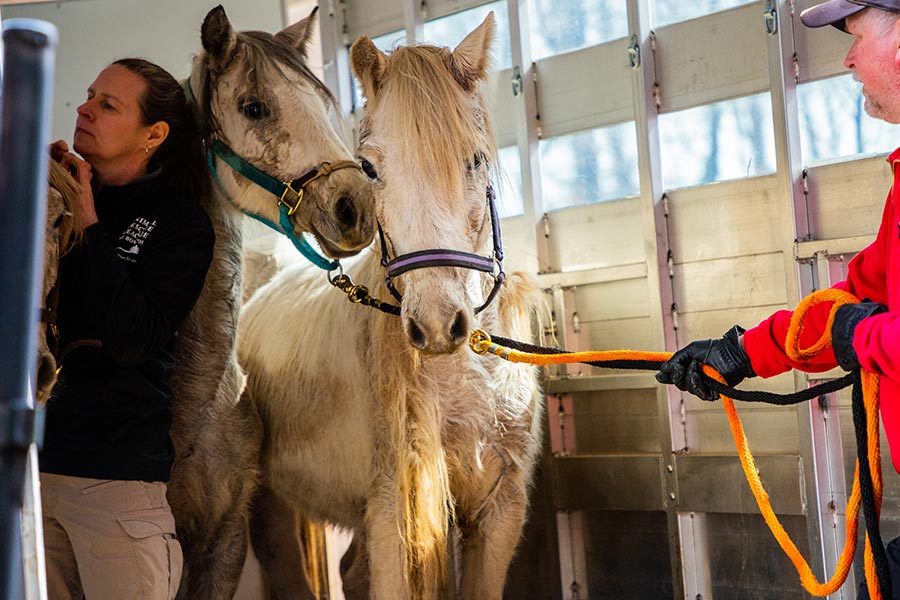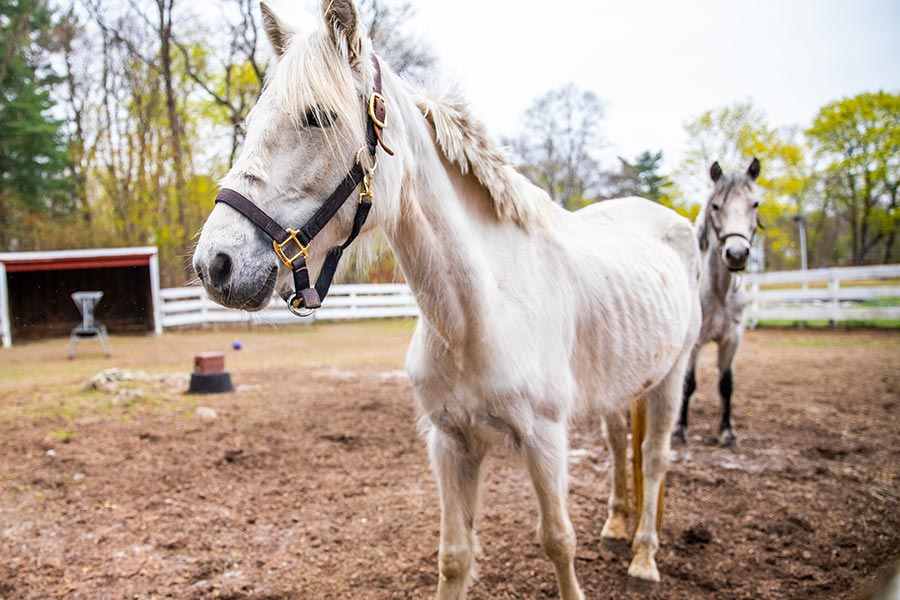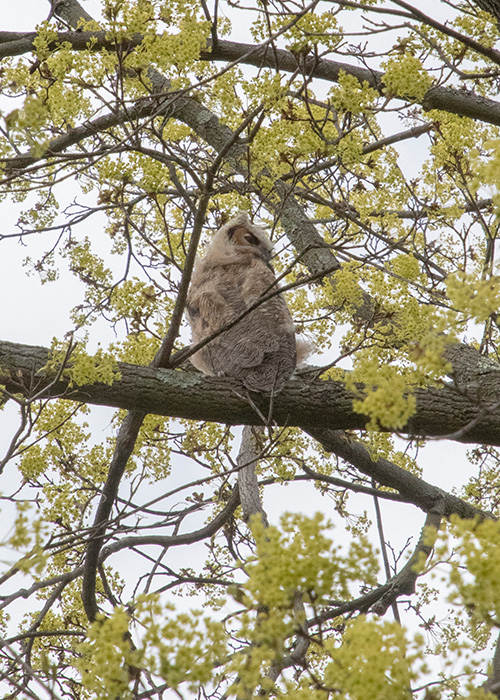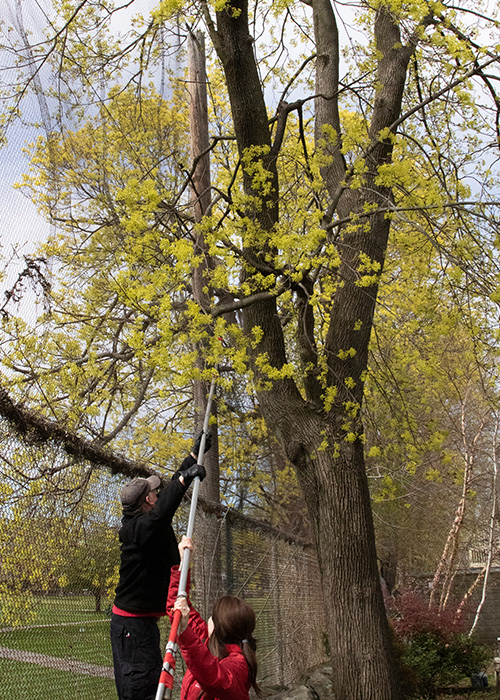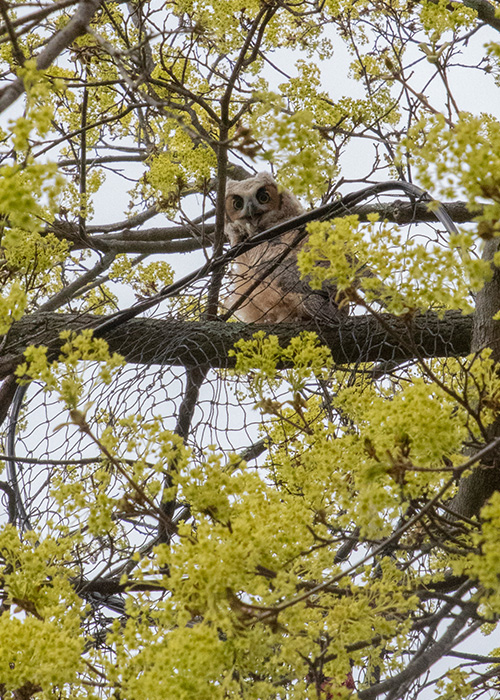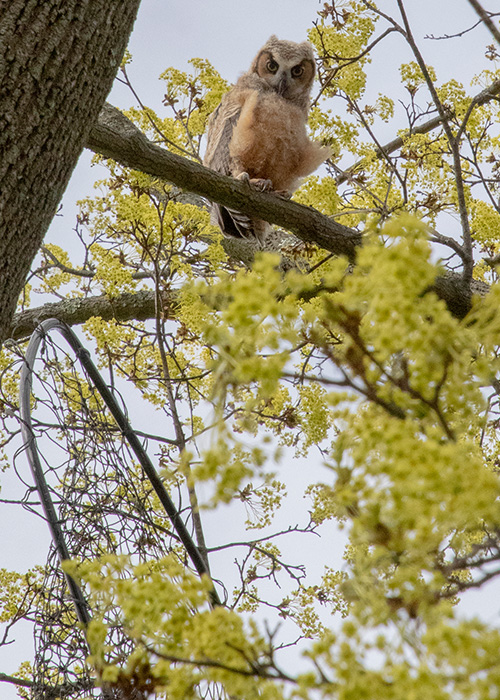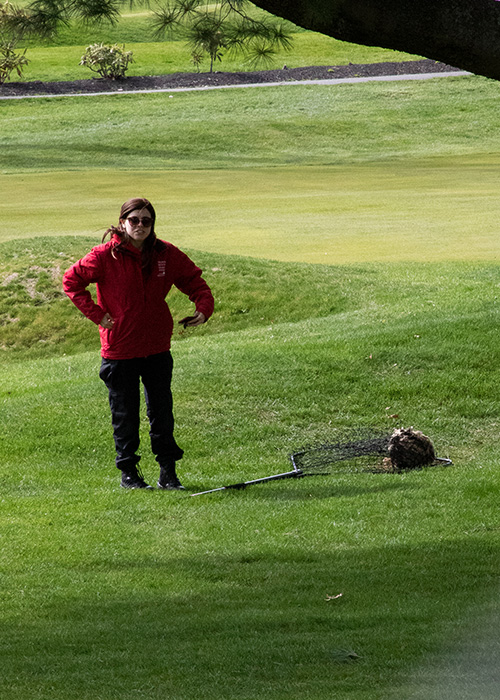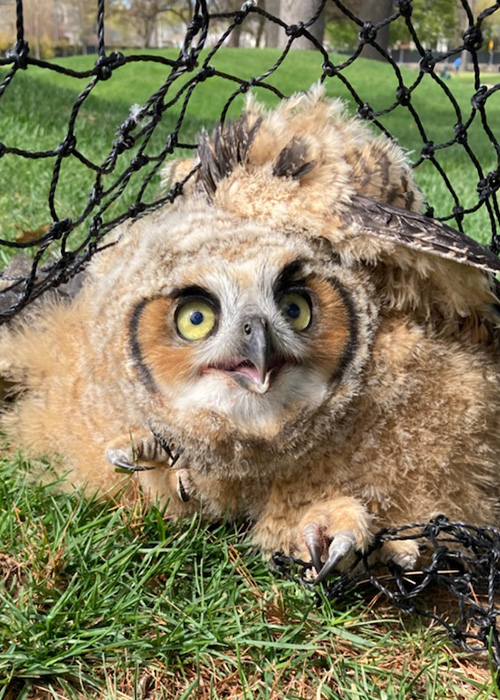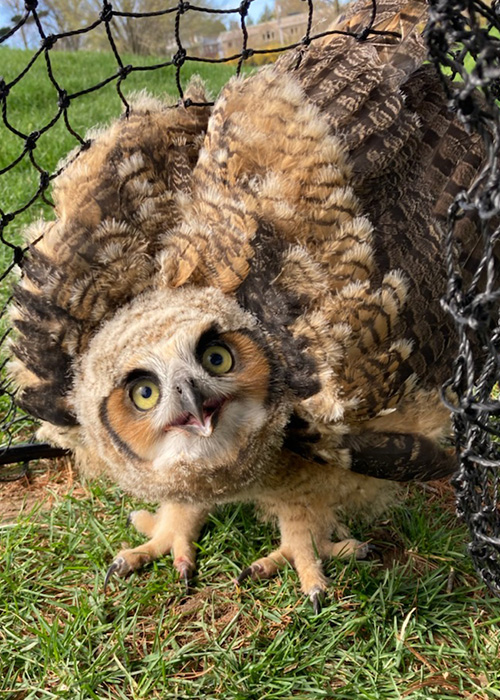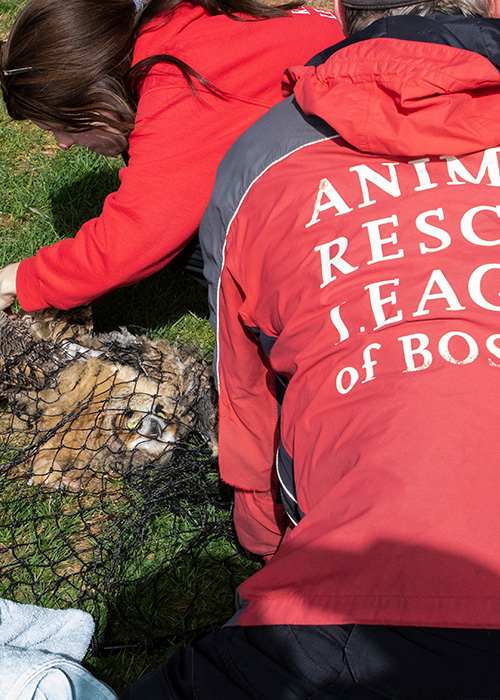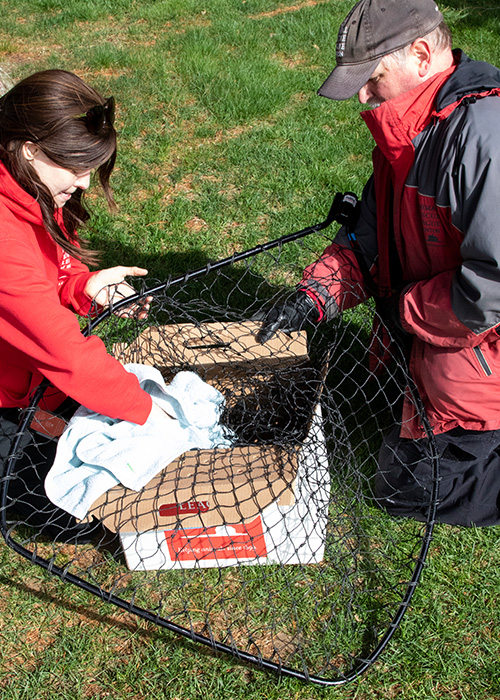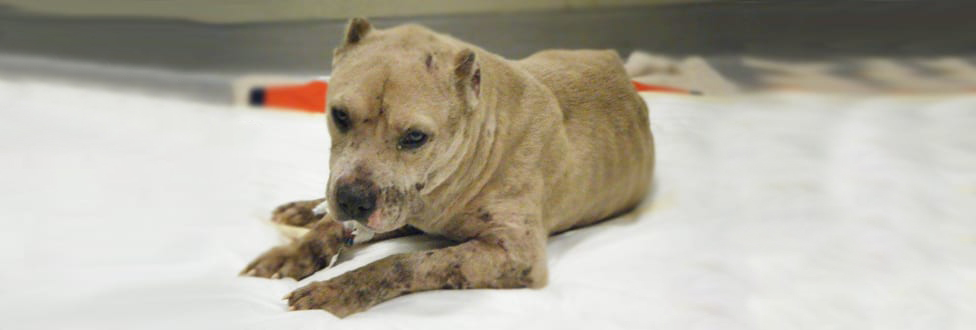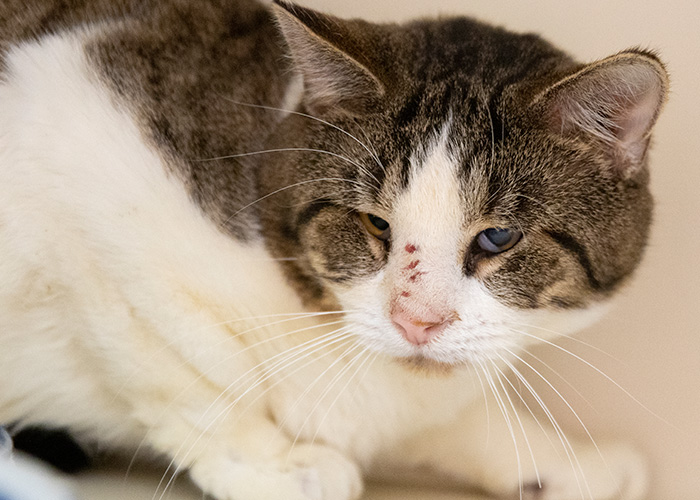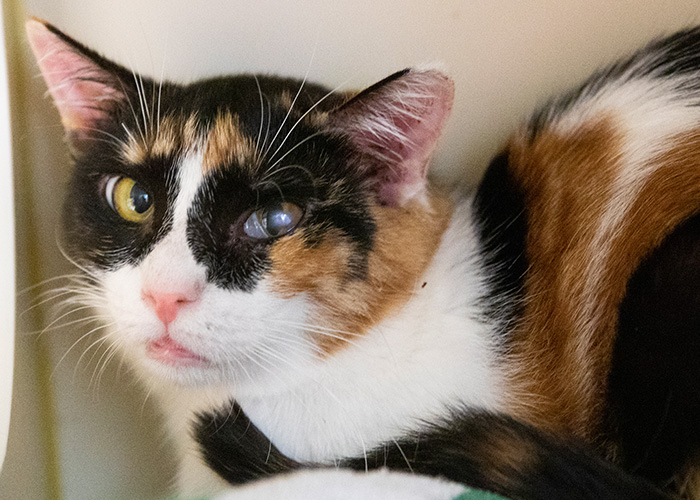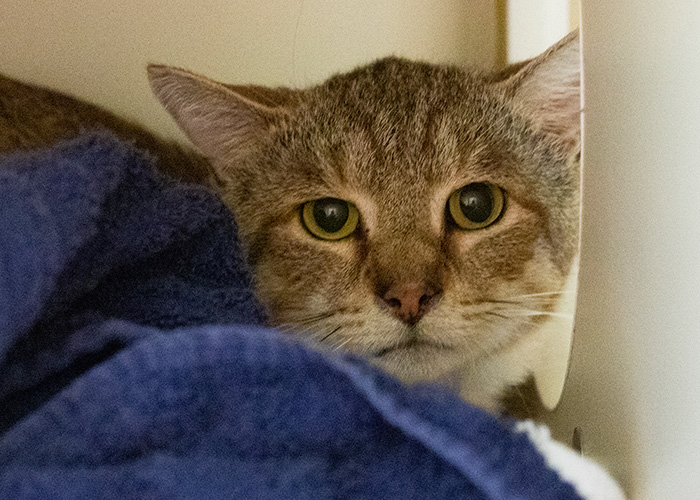ARL Opens Doors to 25 Beagles from the Envigo Facility in Cumberland, Virginia
ARL assists in the Humane Society of the United States’ work to find placement for approximately 4,000 beagles
**Update: All Beagles have been adopted!**
The Animal Rescue League of Boston (ARL) has brought 25 beagles to its Brewster Animal Care and Adoption Center as part of the first group of beagles to be removed from a mass-breeding facility riddled with animal welfare concerns.
The Humane Society of the United States is coordinating the removal of approximately 4,000 beagles housed at an Envigo RMS LLC facility in Cumberland, VA which bred dogs to be sold to laboratories for animal experimentation.
The transfer plan was submitted by the Department of Justice and Envigo RMS LLC, with the agreement of the Humane Society of the United States to assume the responsibility of coordinating placement.
The transfer will take place in stages over the next 60 days, and the dogs will be up for adoption via ARL and other shelters and rescues.
ARL understands the interest by those looking to adopt one of these special animals, however to manage the high volume of request and reduce the impact on ARL’s normal operations, these animals will be adopted through a special adoption process.
ARL asks interested adopters who have submitted applications for their patience.
The beagles need time to heal and ARL is unable to anticipate a timeline for when they will be ready to go to their new homes. Interested adopters are asked not to call or email ARL’s Animal Care and Adoption Centers. Calls, emails, or messages to our social media accounts will not be considered completed applications.
“The Animal Rescue League of Boston is honored to be a part of such a massive rescue effort,” stated ARL President and CEO Dr. Edward Schettino. “ARL commends HSUS for its effort and commitment to these resilient animals, as well as our animal welfare partners around the country who have made special accommodations to ensure that these dogs are cared for and find the homes they so richly deserve.”
The transfer plan comes as a result of a lawsuit filed against Envigo by the Department of Justice in May, alleging Animal Welfare Act violations at the facility.
Repeated federal inspections have resulted in dozens of violations, including findings that some dogs had been “euthanized” without first receiving anesthesia, that dogs had received inadequate veterinary care and insufficient food, and that they were living in unsanitary conditions.
“It takes a massive network of compassionate, expert shelters and rescues to make an operation of this scale possible,” said Lindsay Hamrick, shelter outreach and engagement director for the Humane Society of the United States. “We are deeply grateful to each organization that is stepping up to find these dogs the loving homes they so deserve.”









